Cardamom pods are one of the most versatile spices in global cuisine, yet many home cooks struggle with proper usage. This guide reveals exactly how to use cardamom pods correctly in everyday cooking, including when to add them, how much to use, and the critical differences between green and black varieties. Forget confusing scientific explanations - you'll learn practical techniques that work immediately in your kitchen.
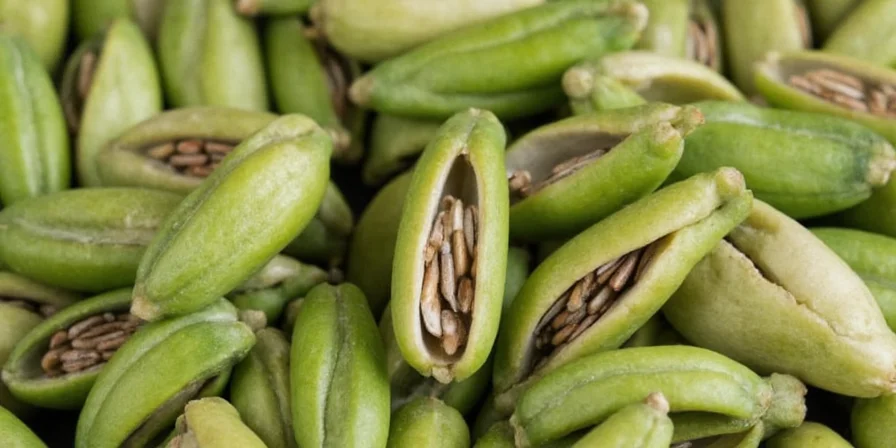
Green Cardamom vs Black Cardamom: What You Need to Know
The most common cardamom mistake? Using the wrong type for your recipe. Here's how to choose correctly:
| When to Use Green Cardamom | When to Use Black Cardamom |
|---|---|
| Sweet recipes (cakes, cookies, rice pudding) | Savory dishes (curries, stews, braises) |
| Coffee and tea preparations | Meat marinades and rubs |
| Add during last 5 minutes of cooking | Add at beginning of cooking process |
| Crush pods gently before use | Use whole pods for infusion |
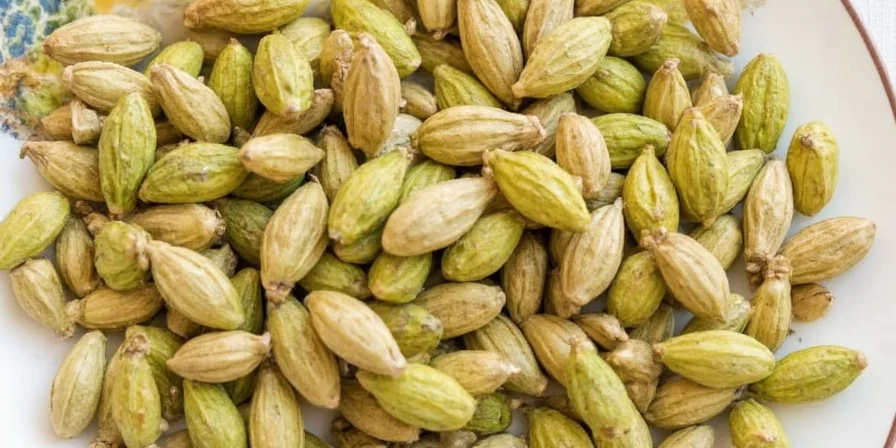
How to Use Cardamom Pods: Step-by-Step Guide
Follow these simple steps for perfect cardamom flavor every time:
- Check freshness: Bend a pod - fresh ones snap crisply. Flexible pods have lost flavor.
- Prepare correctly: For green cardamom, gently crush pods with the flat side of a knife. For black cardamom, use whole.
- Add at right time: Green cardamom in last 5 minutes; black cardamom at beginning of cooking.
- Remove before serving: Take out pods before serving to avoid biting into them.
- Store properly: Keep in airtight container away from light and heat.

Cardamom Substitutes When You're Out
Can't find cardamom? These practical alternatives work in a pinch:
| Recipe Type | Best Substitute | Ratio |
|---|---|---|
| Sweet baking | Equal parts cinnamon and ginger | 1:1 |
| Coffee or tea | Nutmeg | 1/4 teaspoon per cup |
| Curries and savory dishes | Allspice | 1/2 teaspoon per pod |
Common Cardamom Mistakes to Avoid
- Using pre-ground cardamom - loses flavor quickly. Always use fresh pods.
- Adding too early - green cardamom's delicate flavor disappears with prolonged cooking.
- Not removing pods - biting into a whole pod creates an unpleasant experience.
- Storing in clear containers - light destroys cardamom's volatile oils.
- Using black instead of green (or vice versa) - they serve completely different purposes.
How to Store Cardamom Pods for Maximum Freshness
Proper storage keeps cardamom fresh for up to 1 year:
- Keep pods whole until ready to use
- Store in opaque, airtight container
- Place in cool, dark cupboard (not near stove)
- Never refrigerate - moisture ruins flavor
- Freeze only for long-term storage (6+ months)
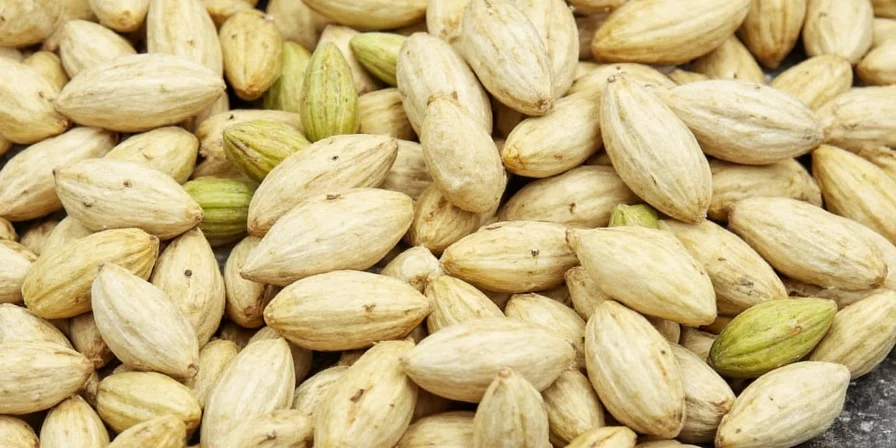
Frequently Asked Questions
How many cardamom seeds equal one pod?
Each pod contains 8-16 seeds. For most recipes, use the whole pod rather than counting individual seeds.
Can I eat cardamom pods?
The pods themselves are edible but very fibrous. Chefs typically remove them before serving. The seeds inside are what provide the flavor.
Why does my cardamom taste bitter?
Bitterness comes from overcooking or using damaged pods. Green cardamom should be added in the last 5 minutes of cooking. Always check that pods snap crisply when bent.
What's the difference between cardamom pods and cardamom seeds?
Pods contain the seeds. The pod helps protect the seeds' flavor. For best results, use whole pods and crush just before cooking.
Simple Cardamom Recipes to Try Today
Put your new knowledge to work with these beginner-friendly recipes:
- Cardamom Coffee: Add 2 crushed green cardamom pods to coffee grounds before brewing
- Quick Cardamom Tea: Steep 3 green cardamom pods in hot water for 5 minutes
- Easy Cardamom Sugar: Blend 5 pods with 1 cup sugar for baking
- Simple Curry Base: Sauté 3 black cardamom pods with onions and garlic
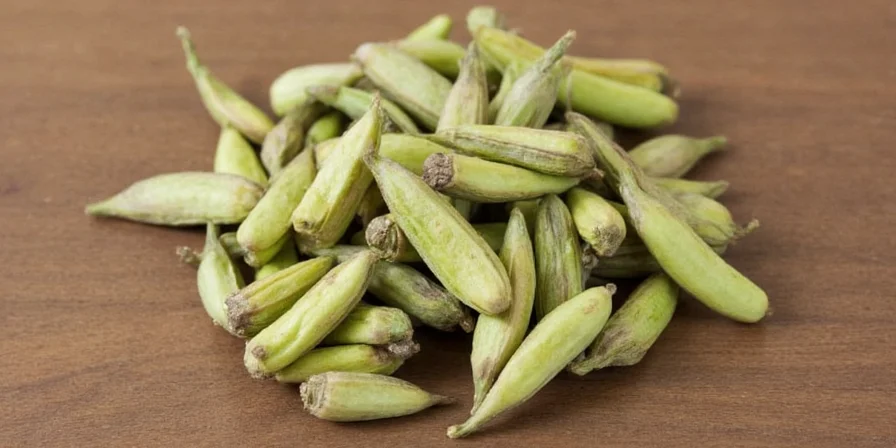
Mastering cardamom doesn't require professional equipment or years of experience. By following these straightforward techniques, you'll add authentic flavor to your cooking immediately. The key is using the right type at the right time and storing your spice properly. Start with one recipe this week and notice the difference fresh, properly used cardamom makes in your dishes.

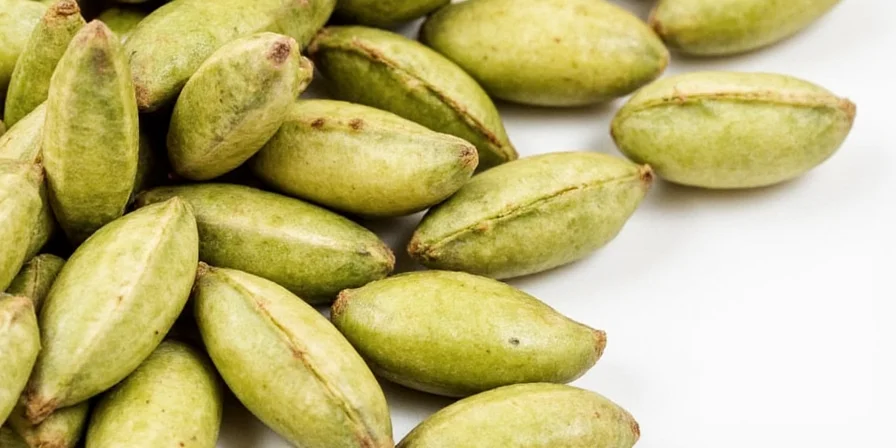









 浙公网安备
33010002000092号
浙公网安备
33010002000092号 浙B2-20120091-4
浙B2-20120091-4